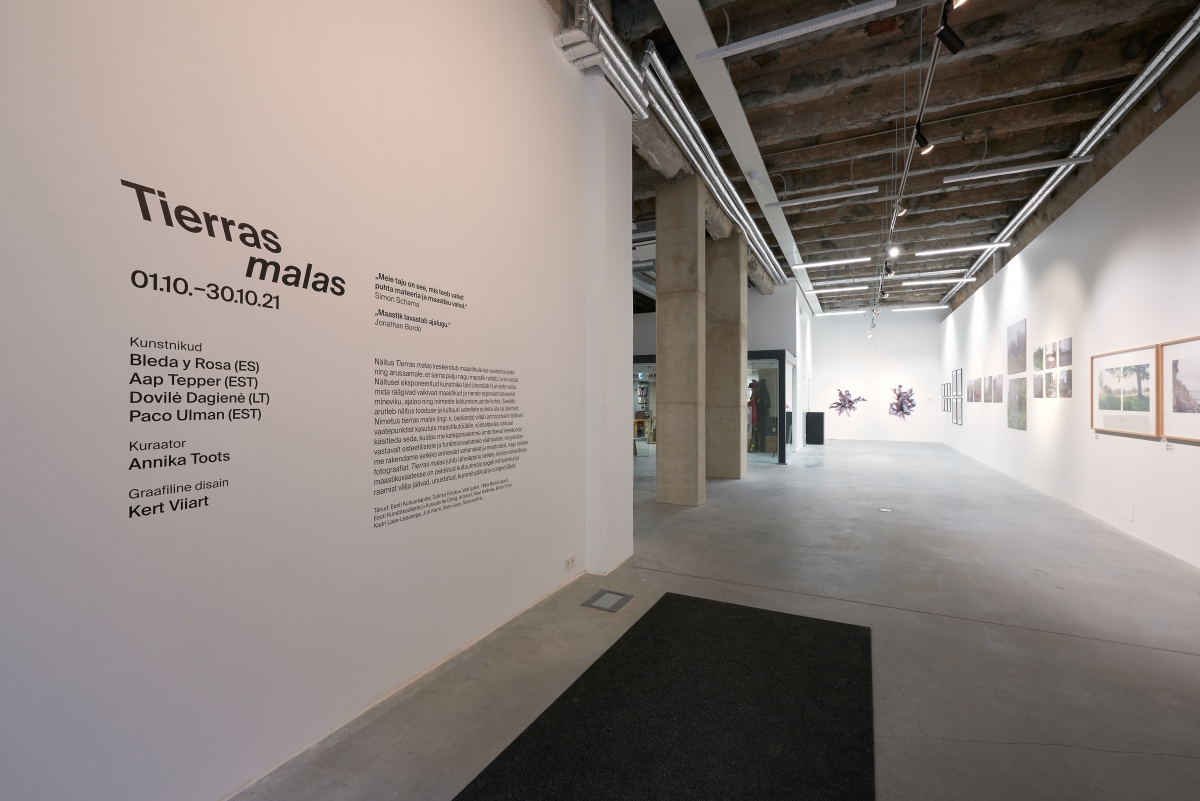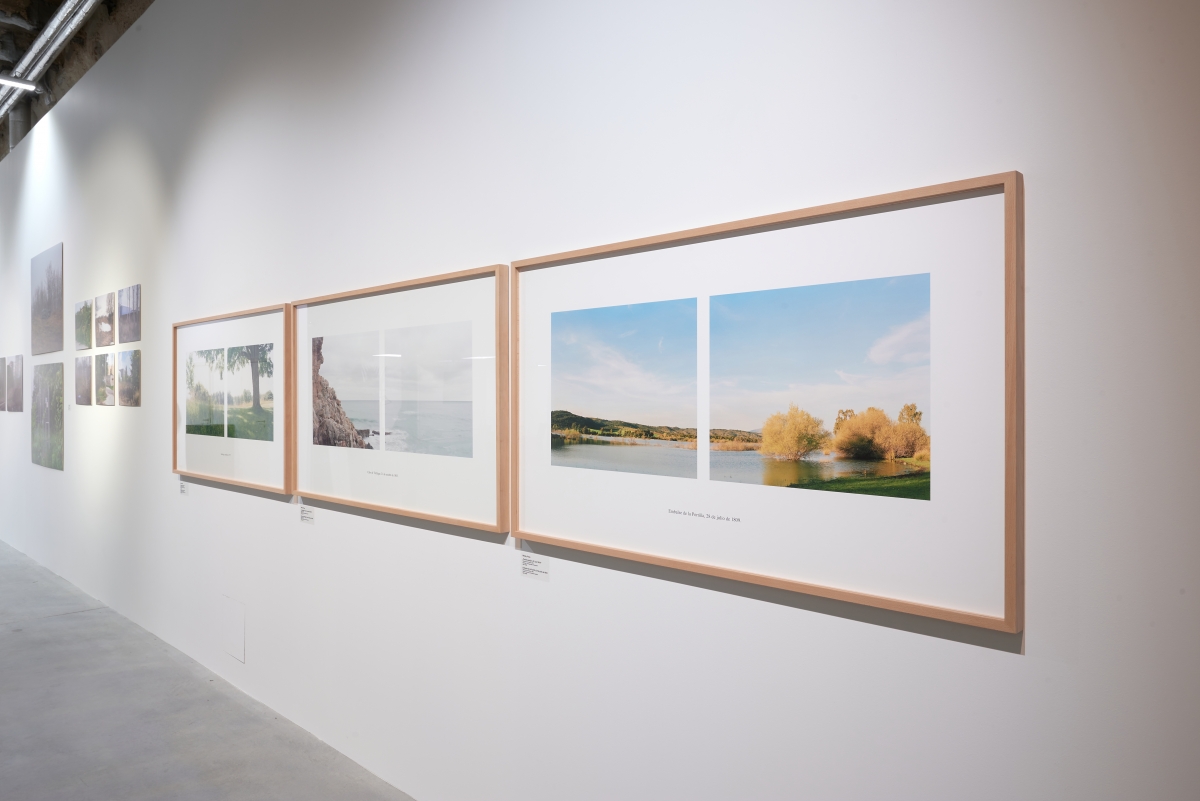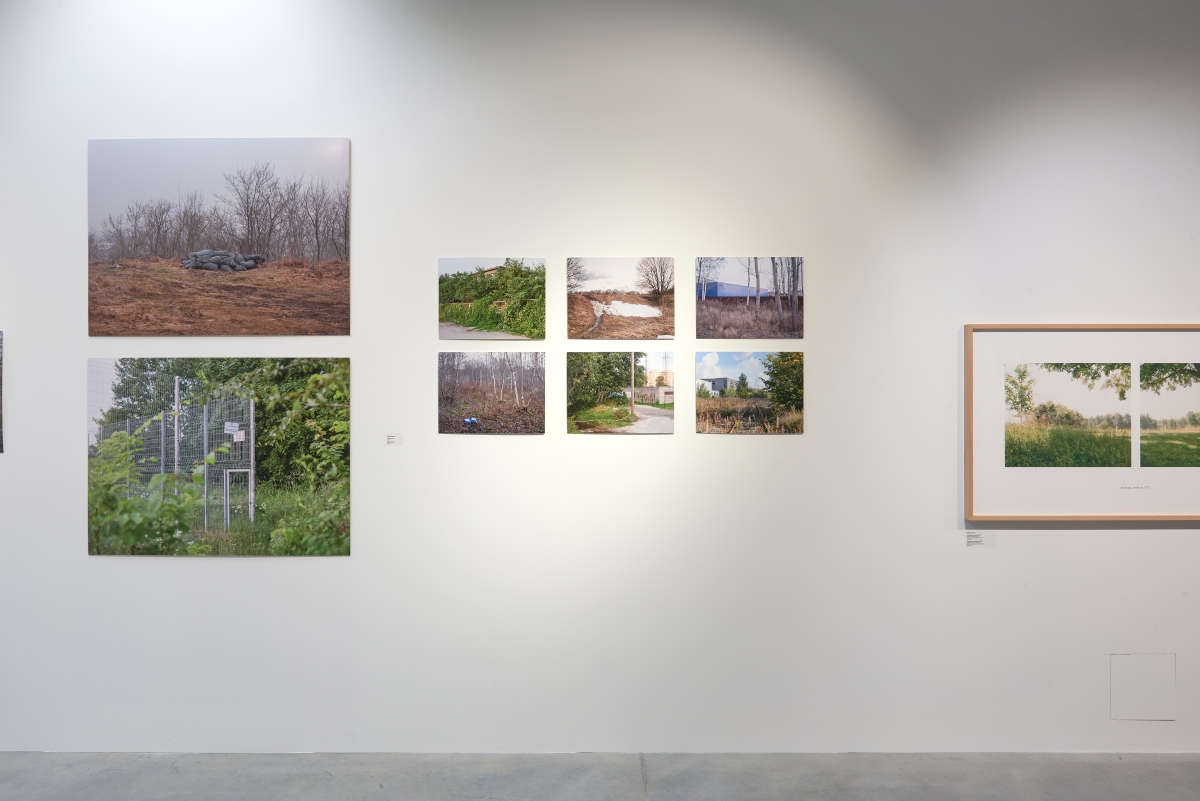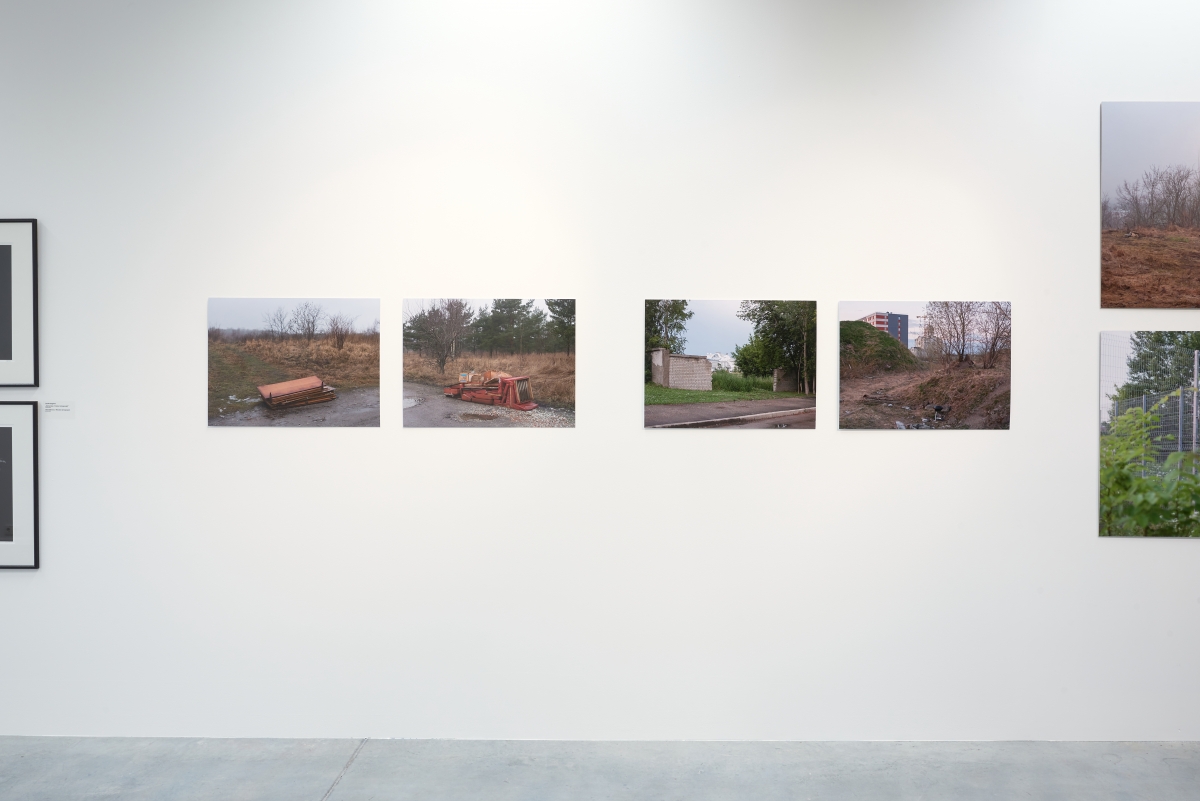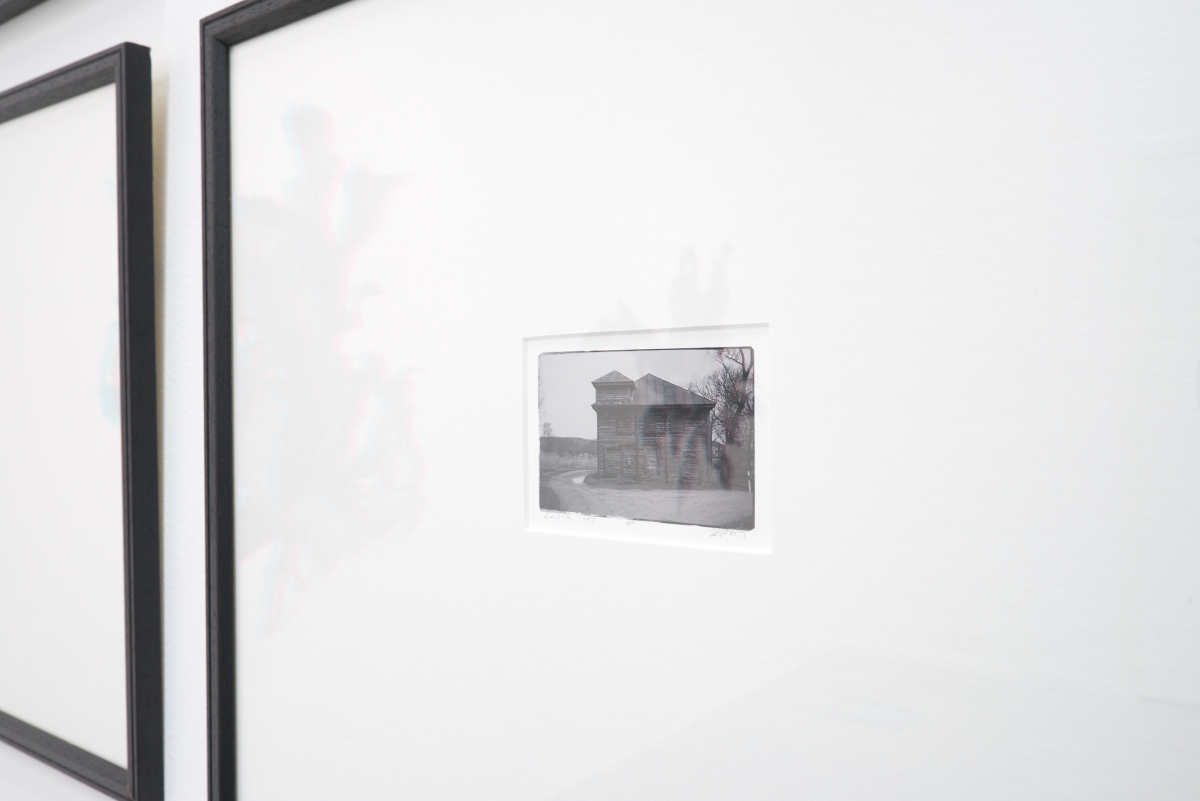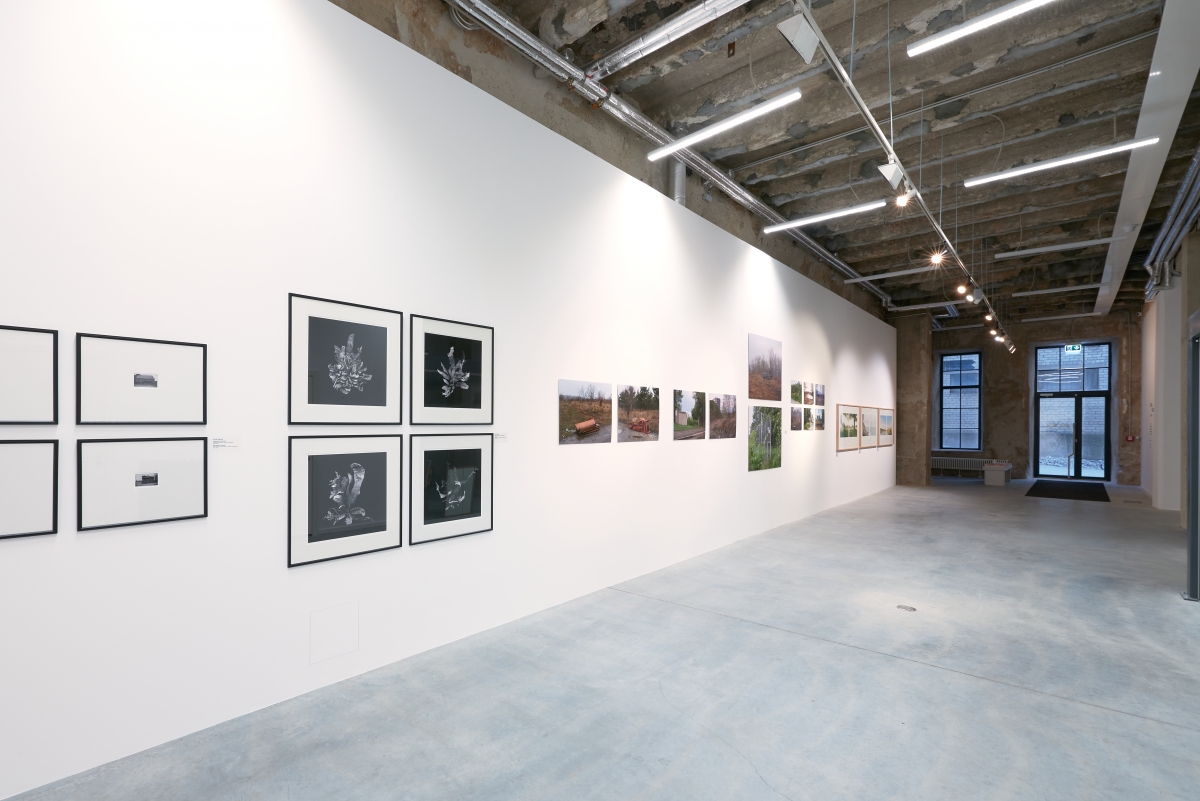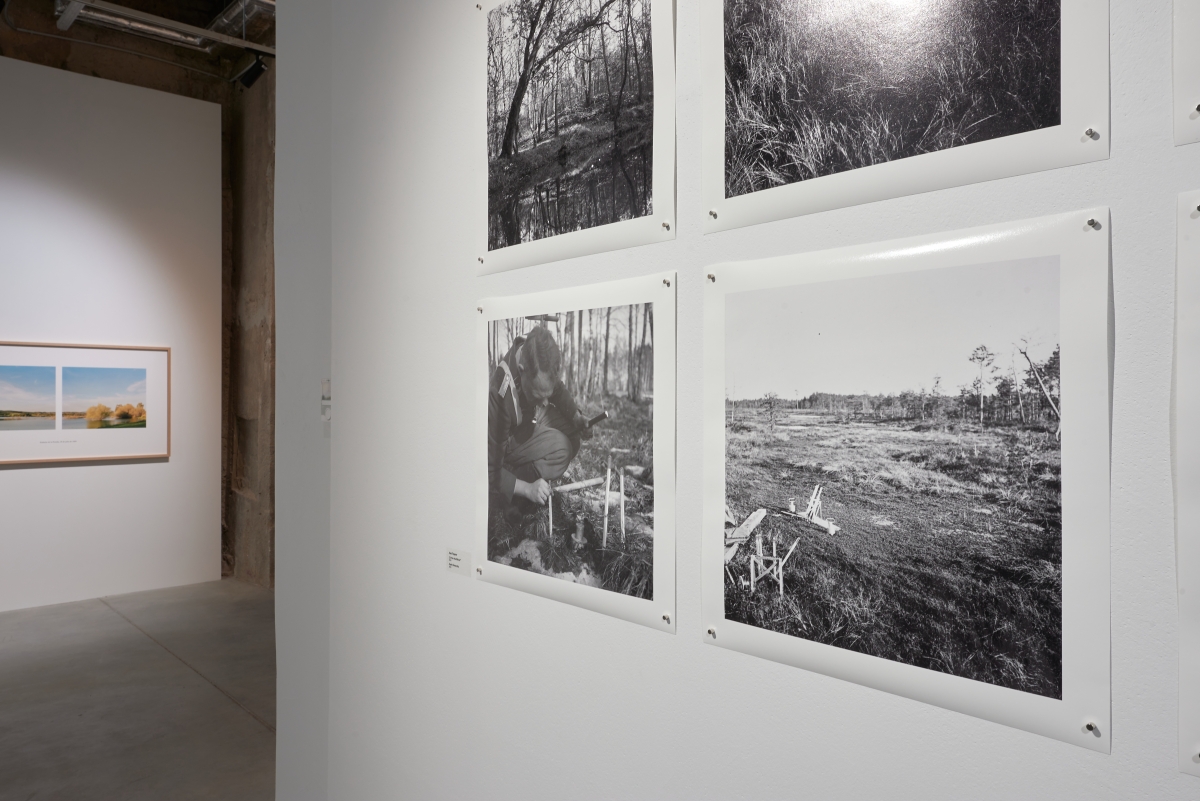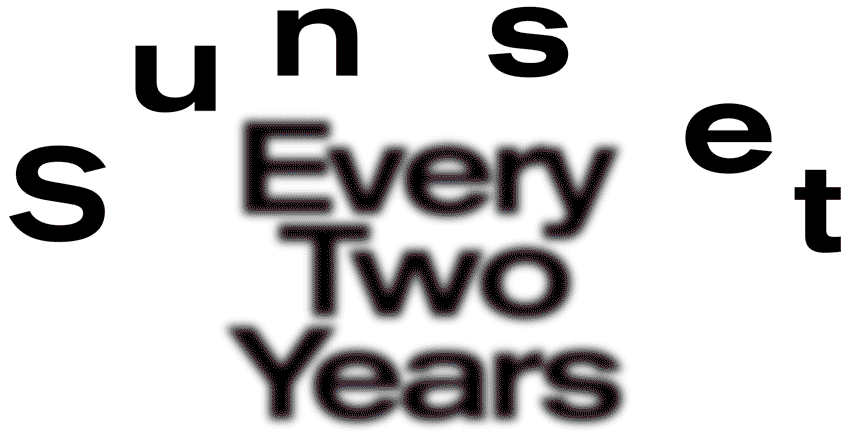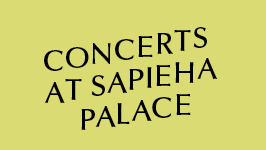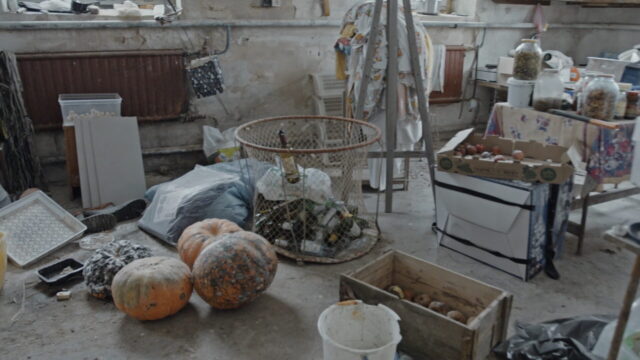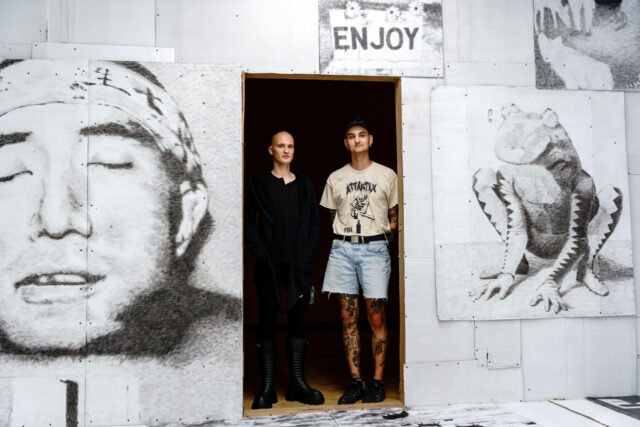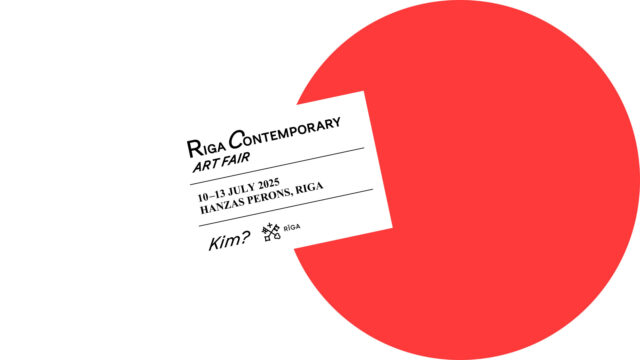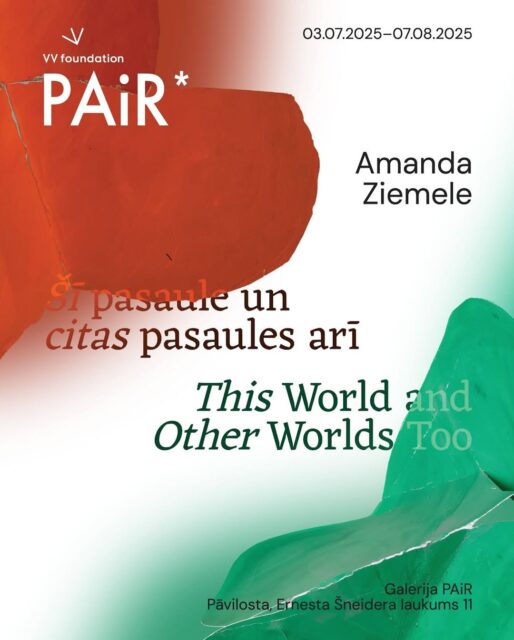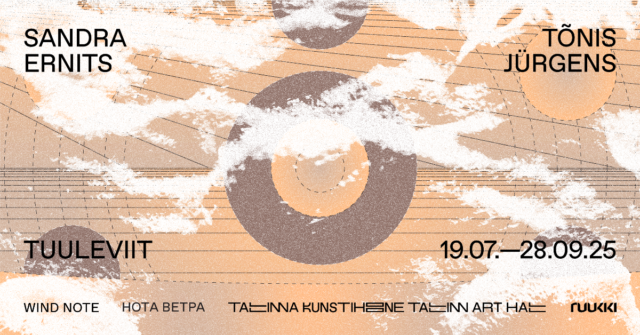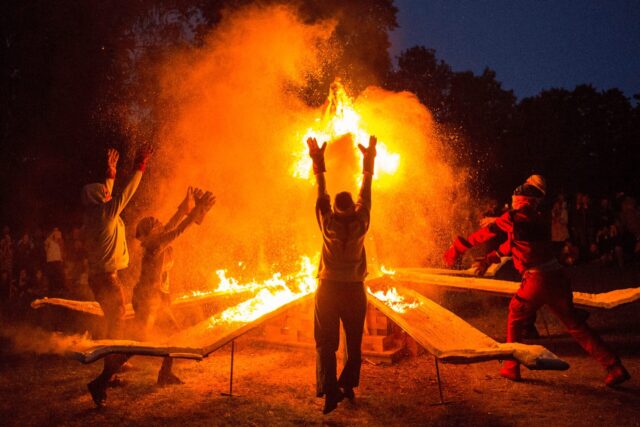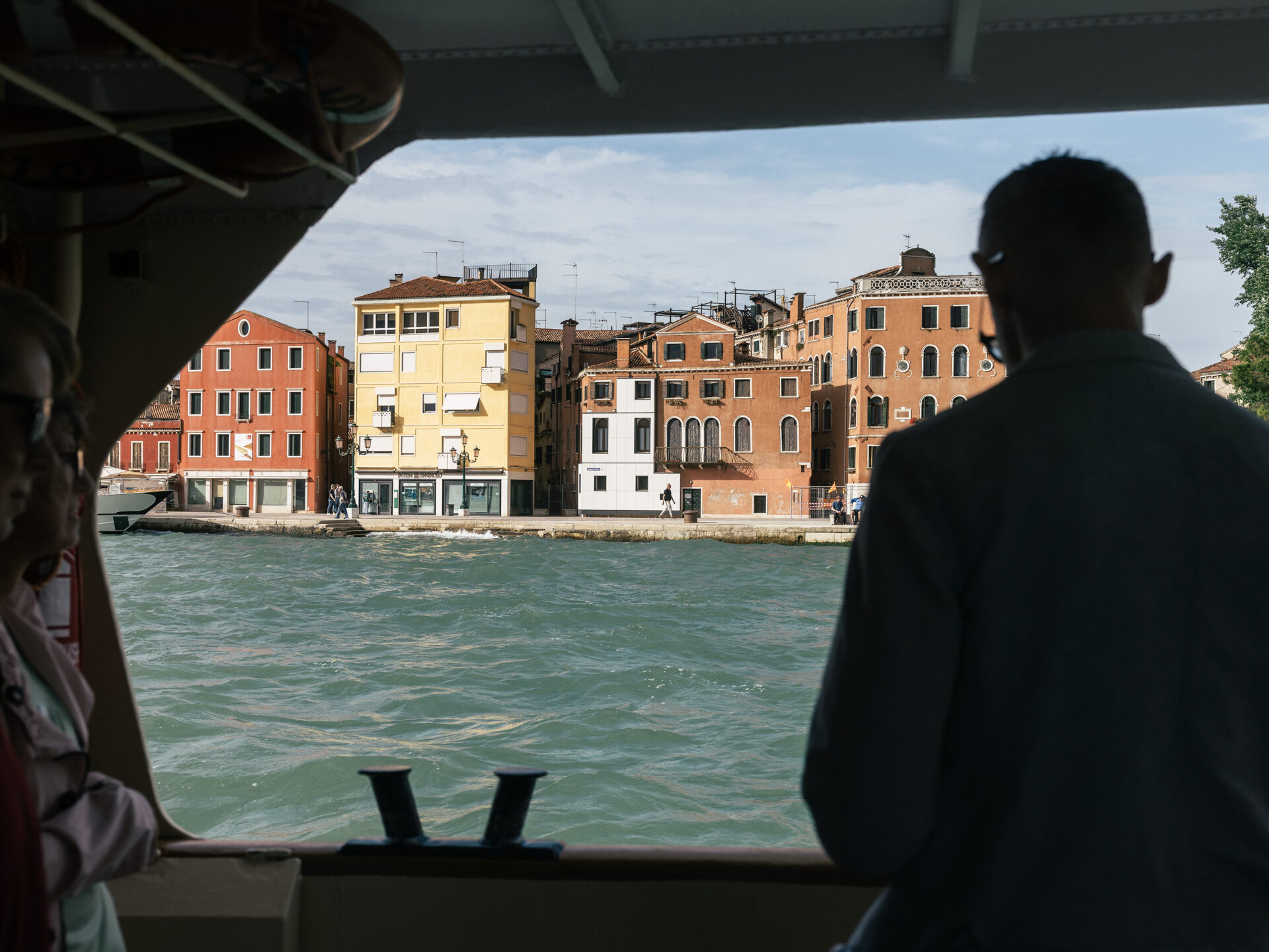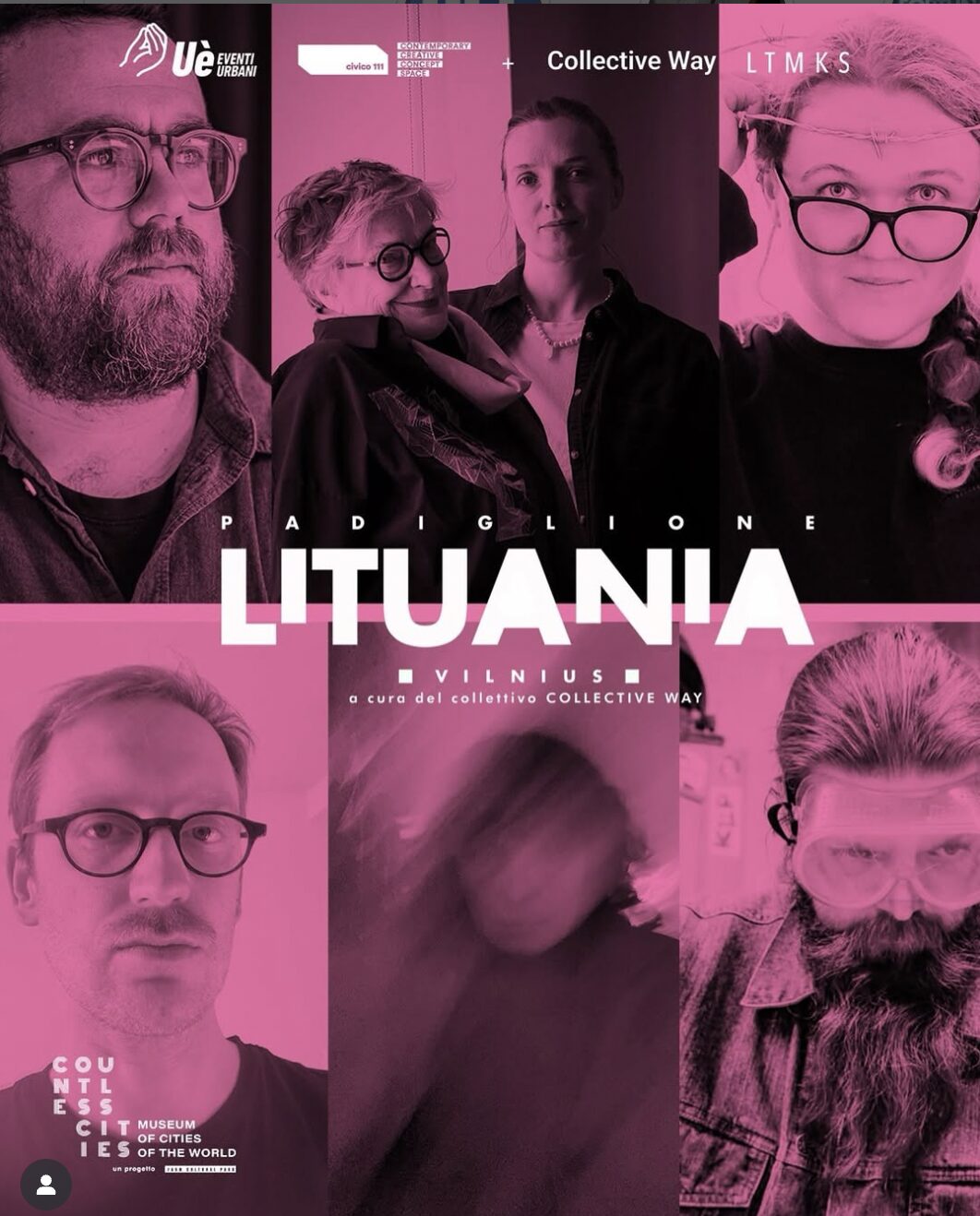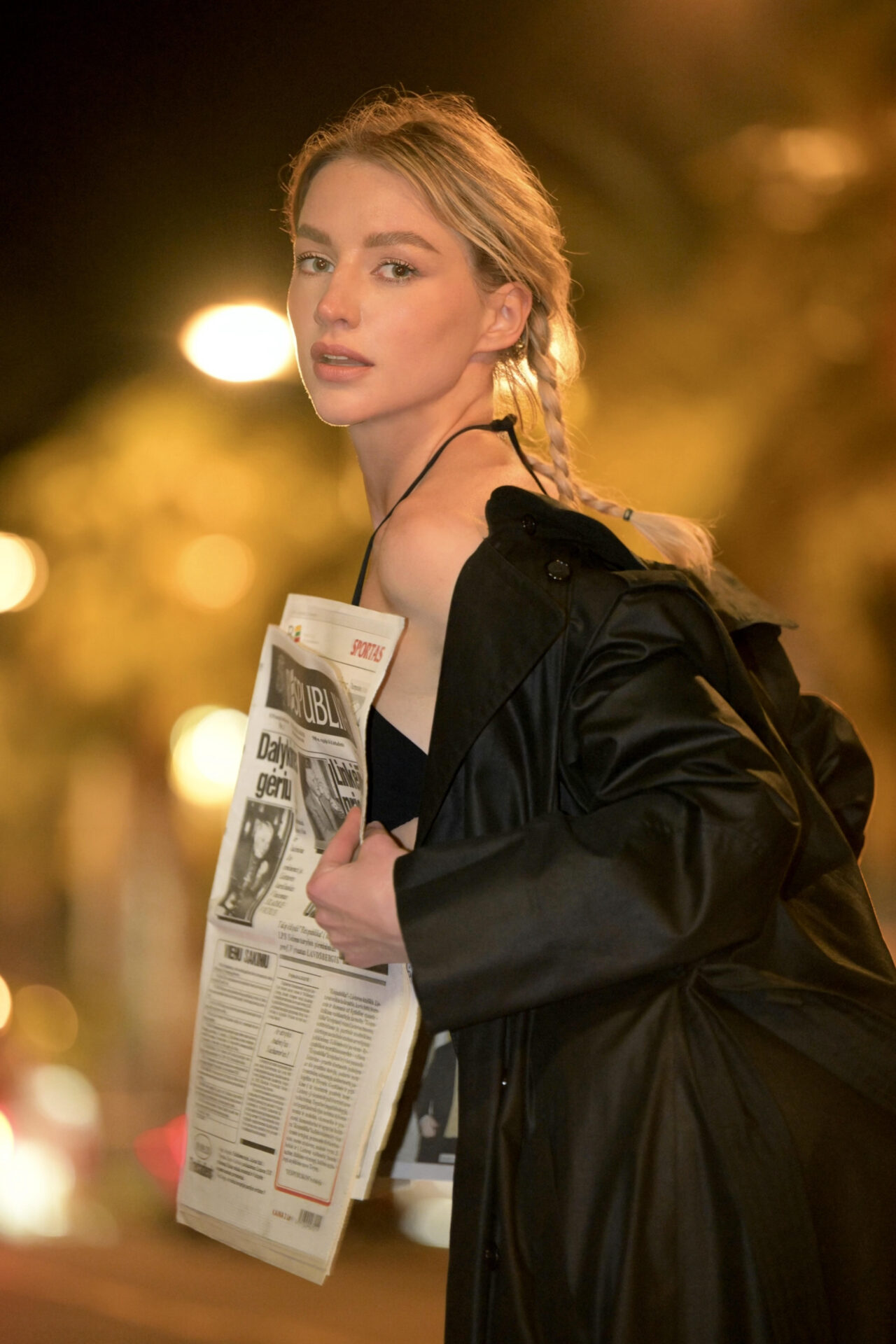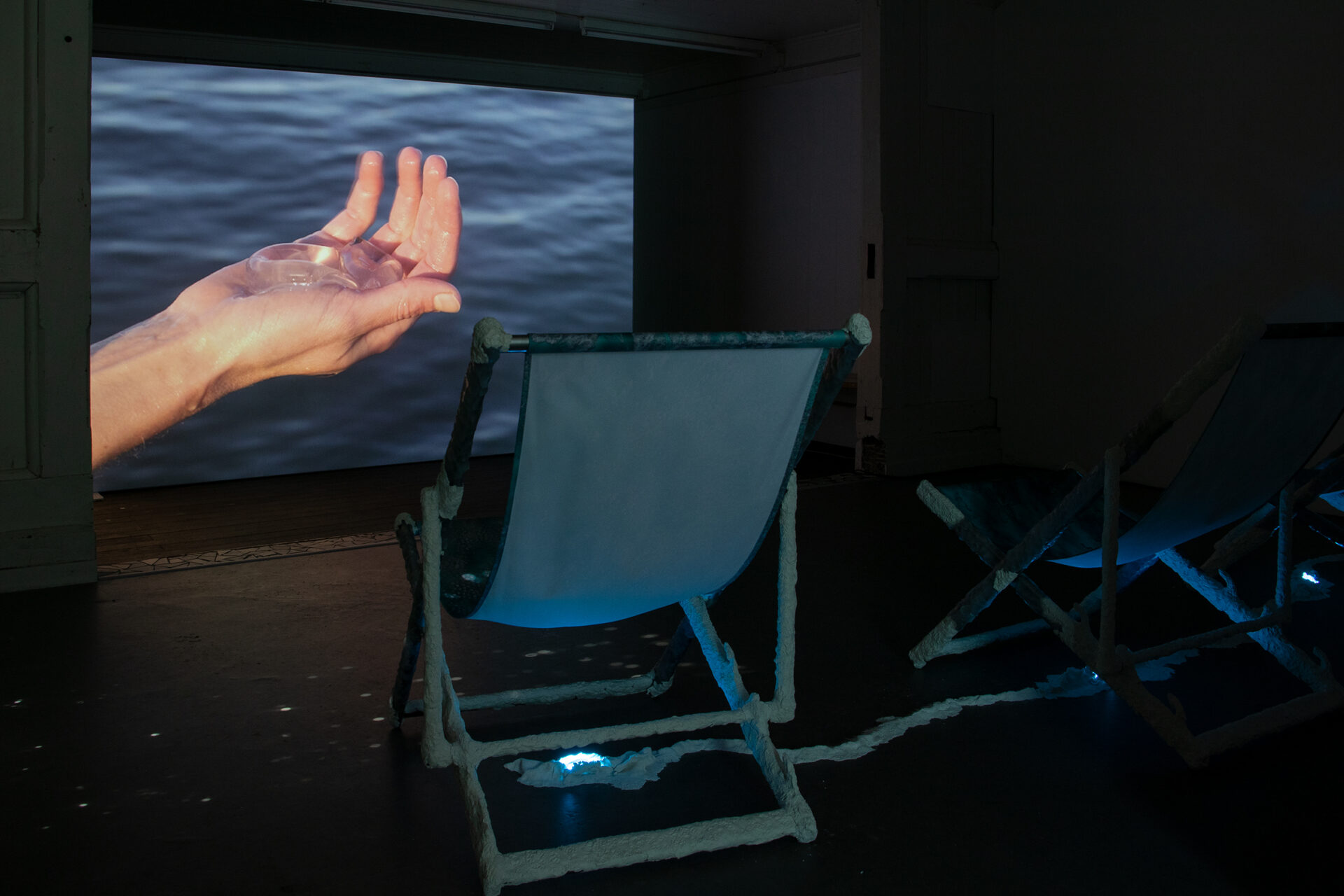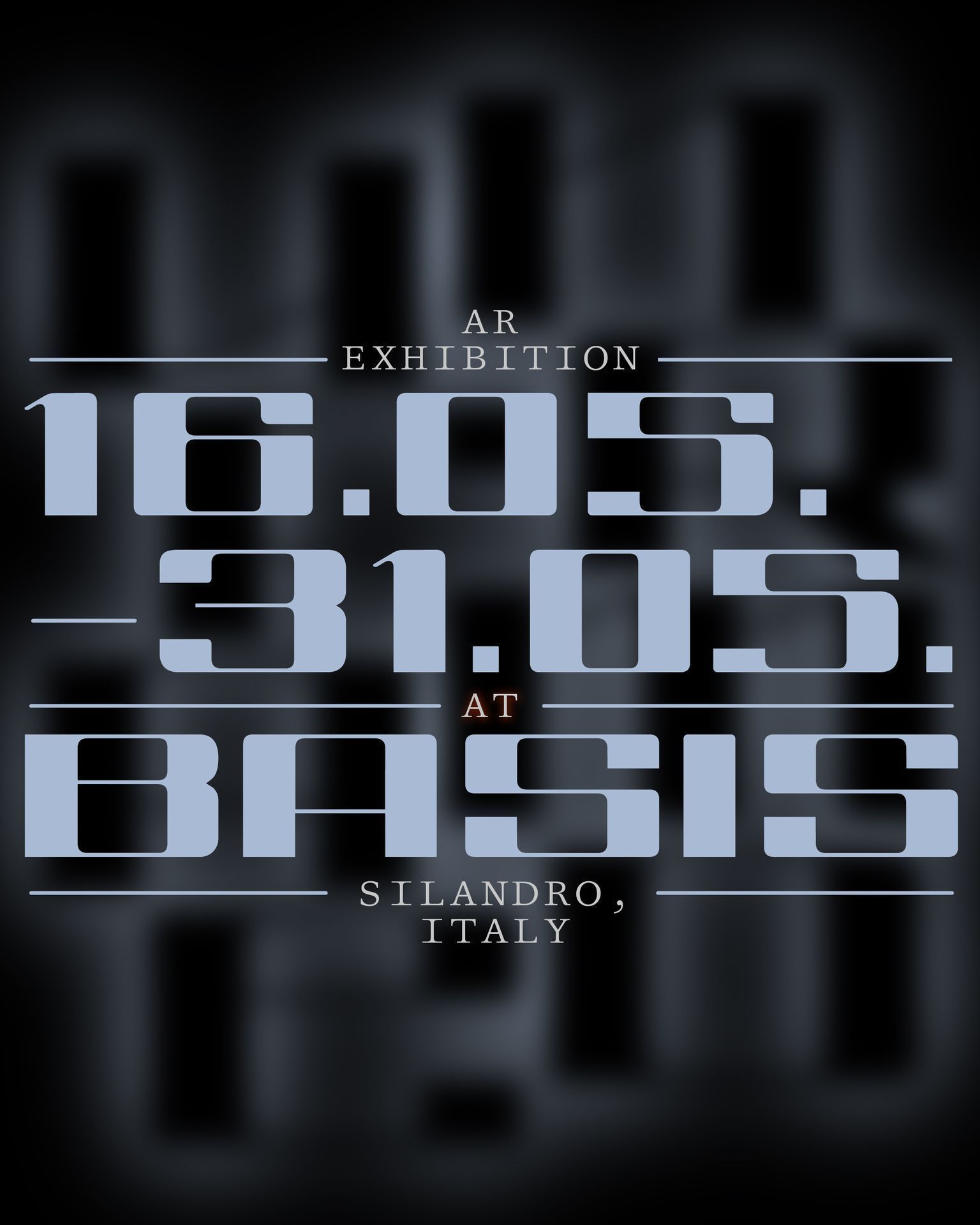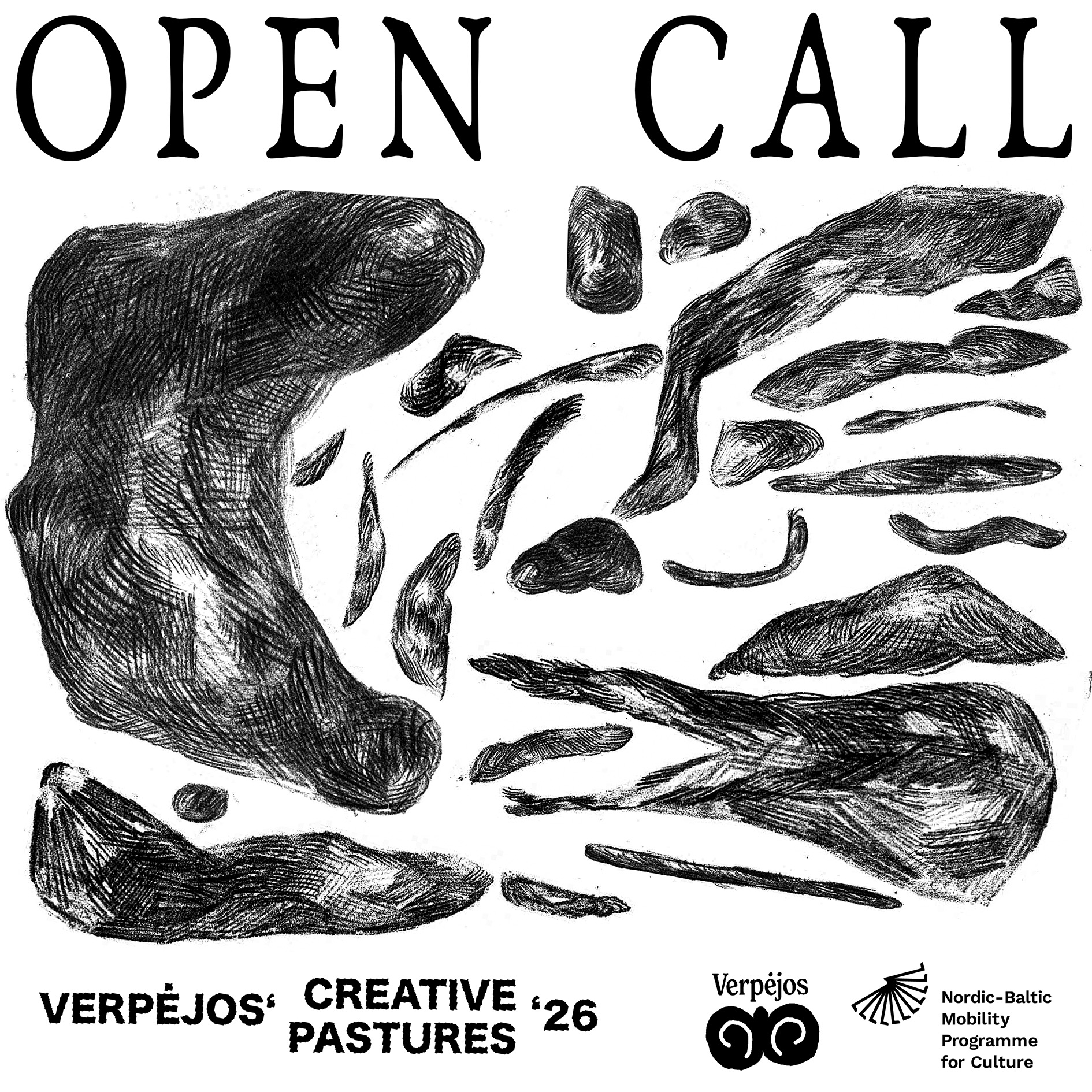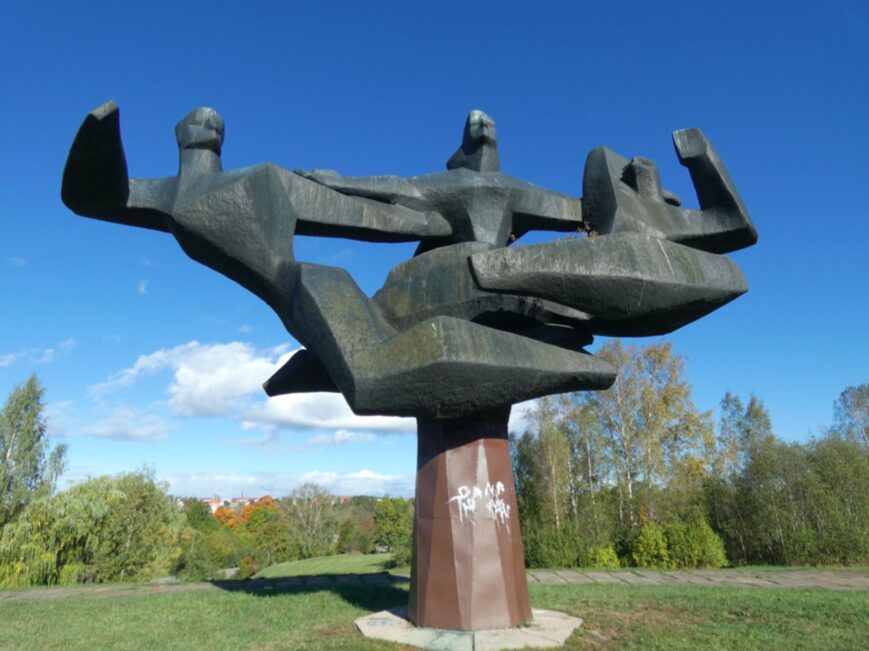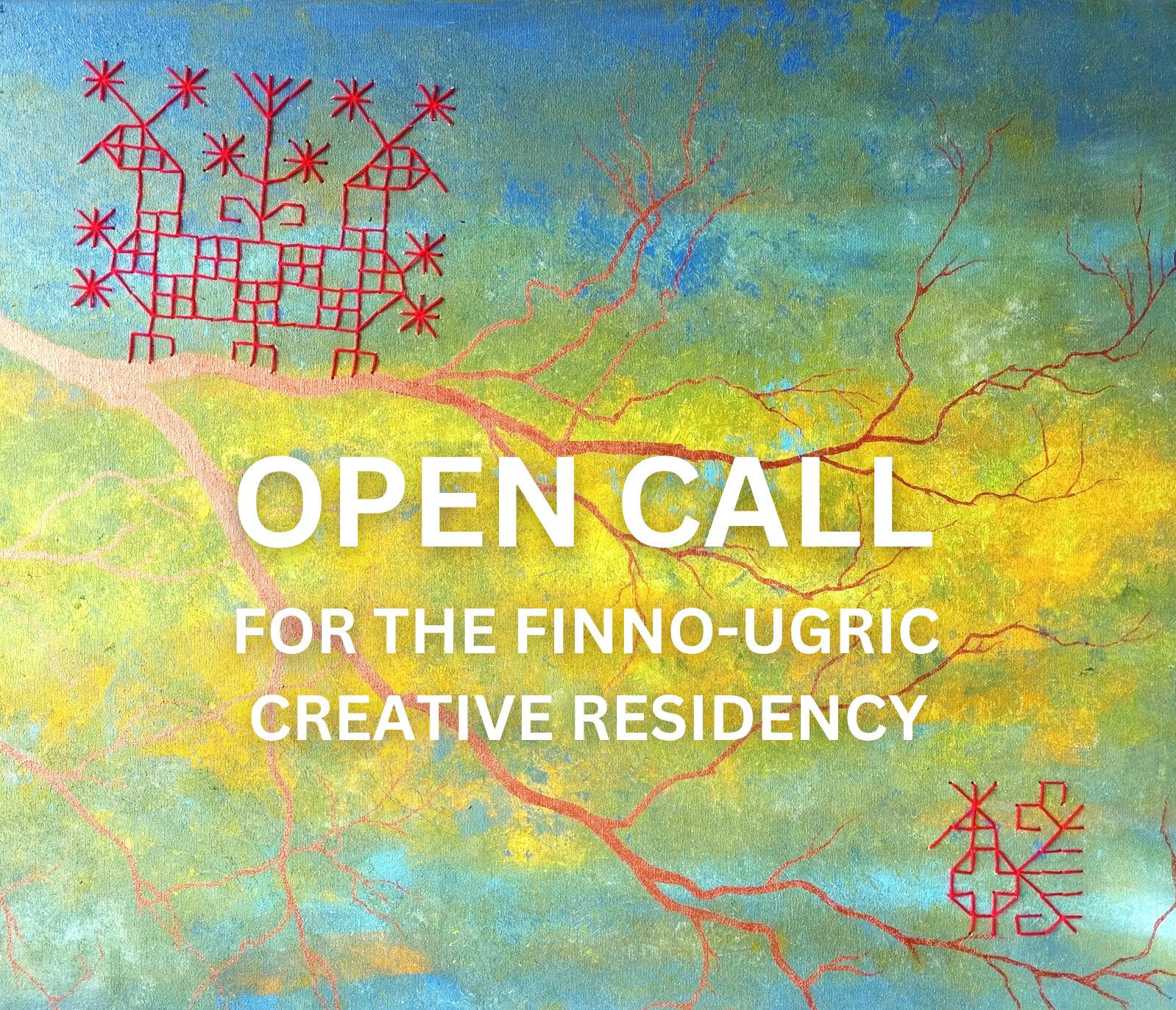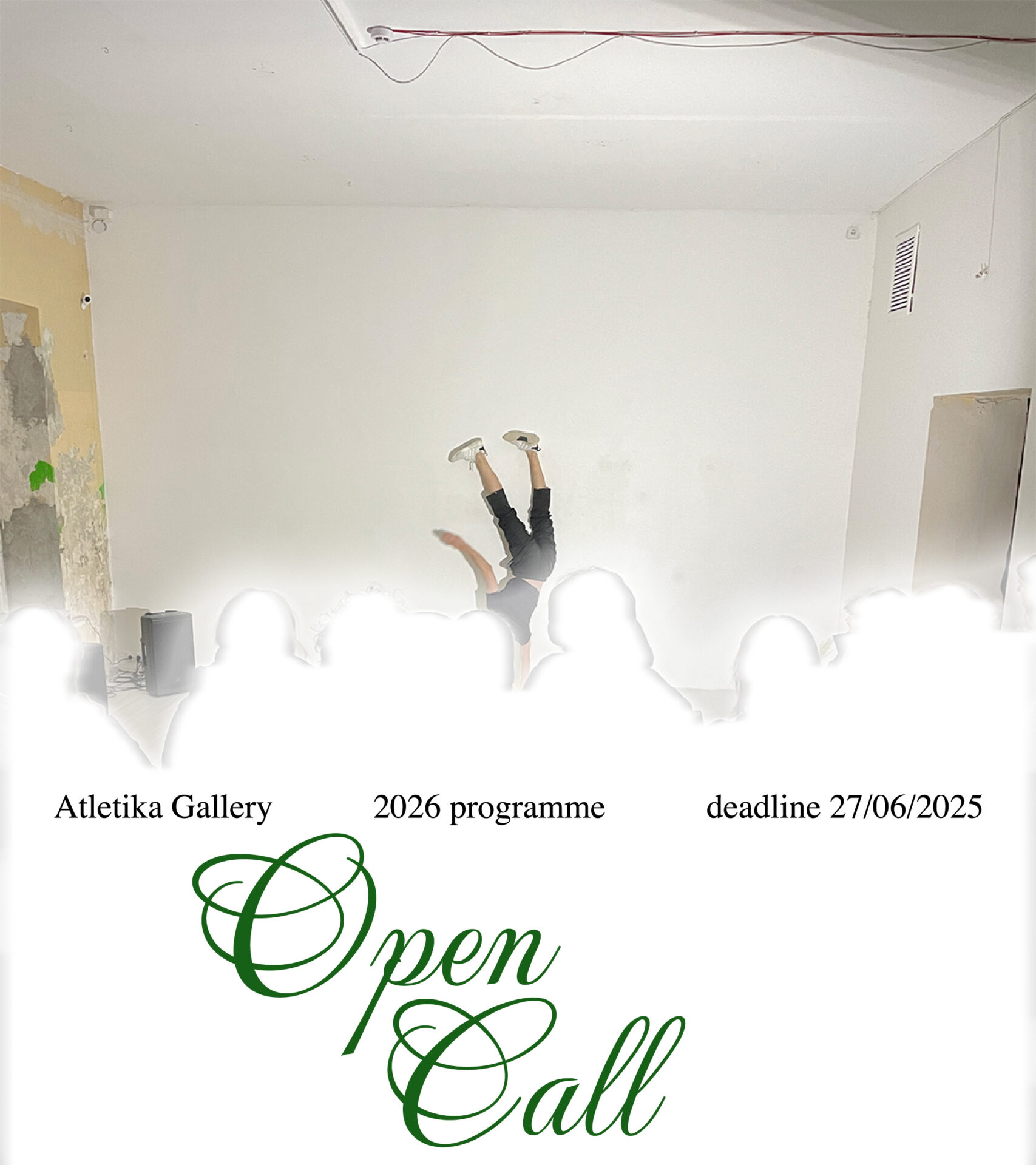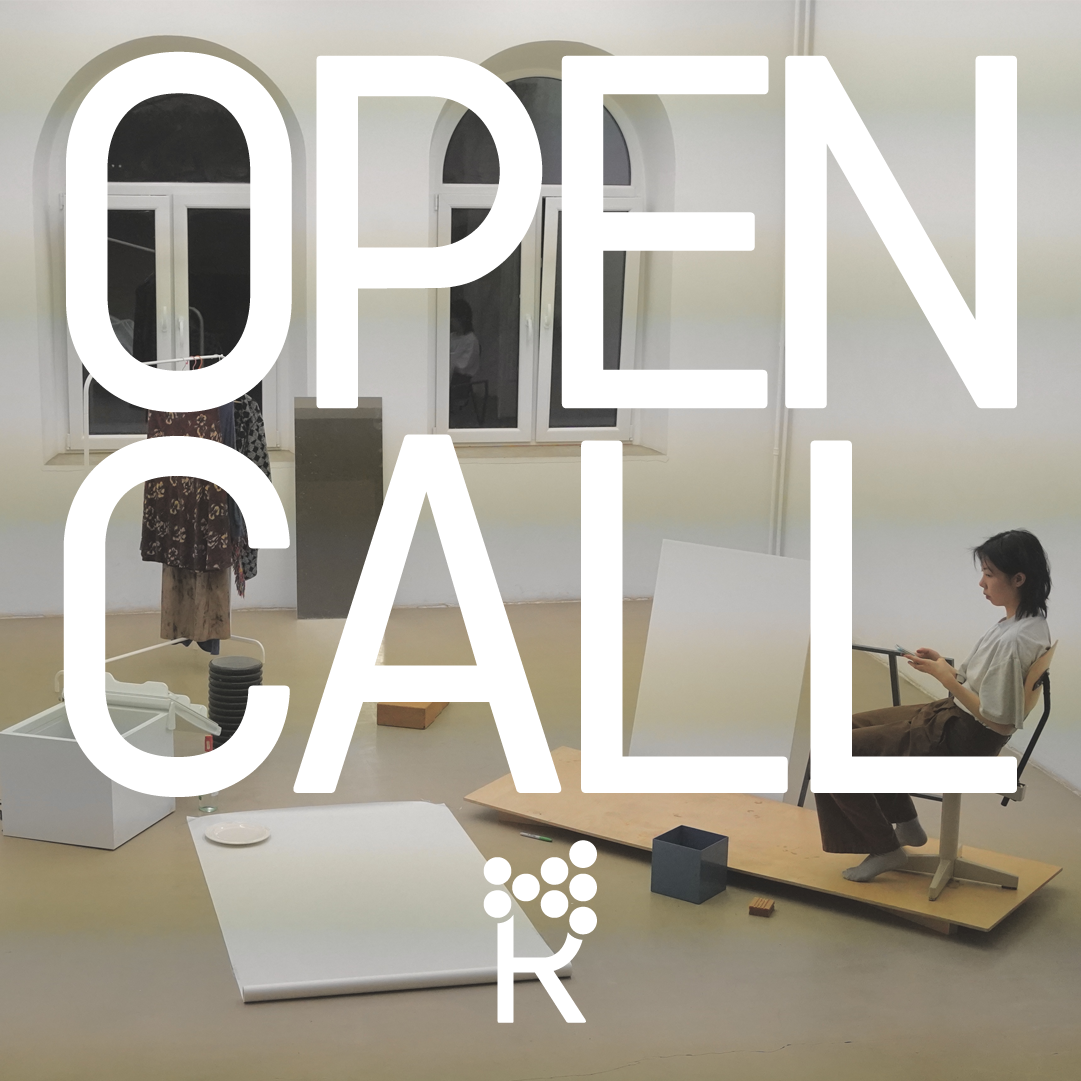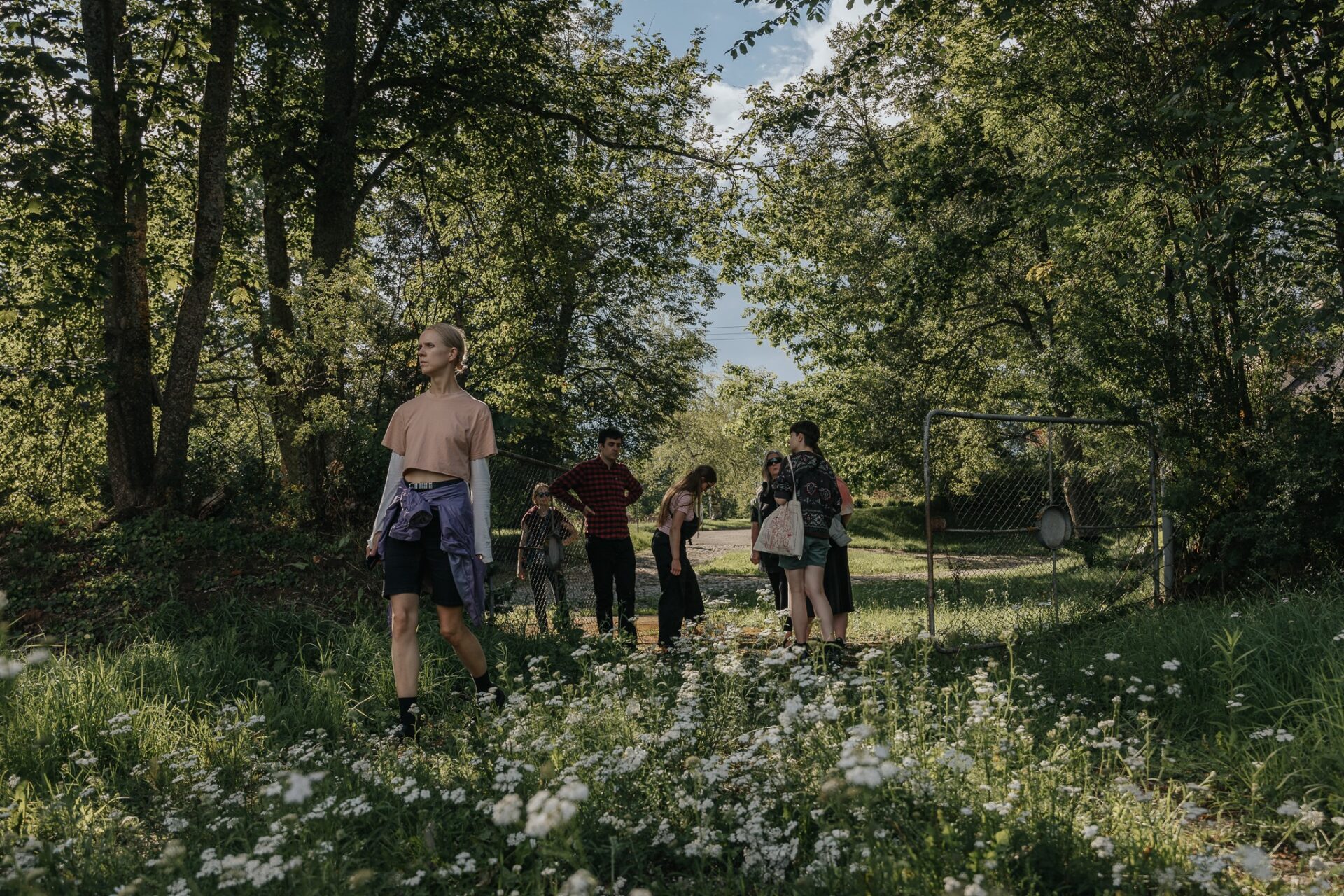The exhibition Tierras malas focuses on the landscape as a way of seeing and on the notion that as much as a landscape reveals, it also hides. The exhibited artworks investigate what the silent landscapes have to say about the past, history and patterns of human behaviour. In this way, the exhibition also discusses the relationship between nature and culture in a broader sense.
Tierras malas (badlands) refers to a specific type of landscape characterized by a lack of vegetation and the erosion caused by water and wind; it is considered poor, useless or dull from the anthropocentric point of view. In the context of the exhibition, tierras malas refers to two different aspects connected to landscapes. Firstly, the exhibition examines how landscapes are constructed through the gaze, drawing attention to how we categorize the environment according to aesthetic and functional values and how we use different tools and methods for this, such as photography. Secondly, the exhibition looks into the traces of cultural memory hidden in the landscape, focusing on what is not visible or what is left out of the frame.
Tierras malas at Vaal Gallery
Artists: Bleda y Rosa (ES), Aap Tepper (EE), Paco Ulman (EE), Dovilė Dagienė (LT)
Curator: Annika Toots
Graphic design: Kert Viiart
01.10.–30.10.2021
Opening times: Tue–Fri 12–18, Sat 12–16
(Tartu maantee 82, Tallinn)
At the very least, it seems right to acknowledge that it is our shaping perception that makes the difference between raw matter and landscape.
Simon Schama
Landscape stages history.
Jonathan Bordo
Photography: Aap Tepper
